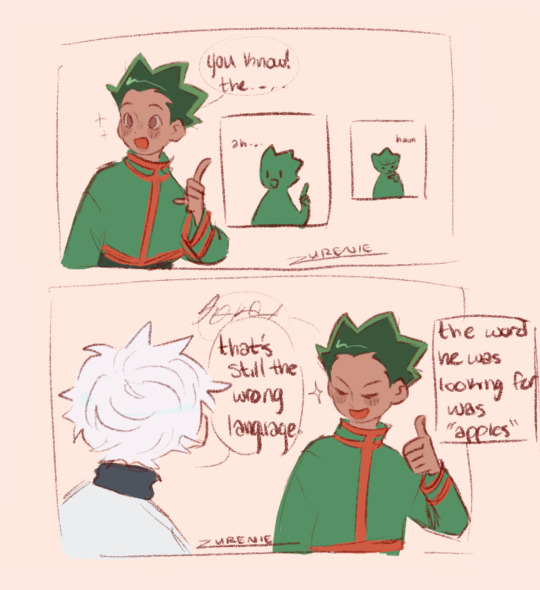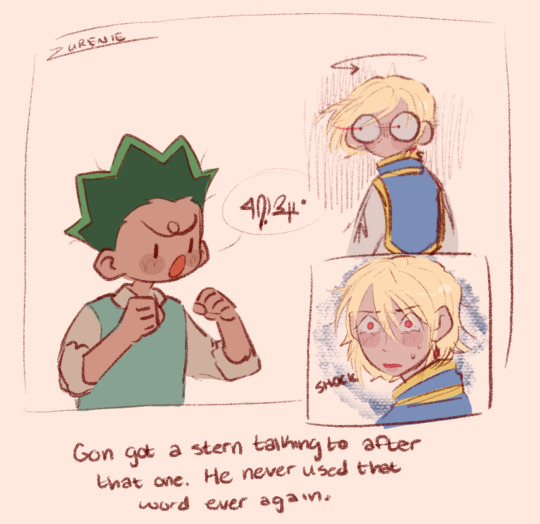Gravity Falls Disease ☆ Adventure Time Fanatic ☆ Warrior Cats Hater (Lover) ☆ Viktor Arcane Kinnie ☆ Minecraft Player ☆ Desertduo Fan Supreme ☆ Please Read 17776 ☆ World's Only Rock Warrior Cats Fan ☆ Dream SMP Veteran ☆ CEO of JayBriar ☆ Bring Back Infinity Train ☆ That Catcouncil Guy ☆ Annoying Fucking Bird ☆ Rick And Morty Is Okay ☆ I Will End Thomas Astruc ☆ The French Hate Me ☆ Bonnibel Bubblegum's Lawyer ☆ Phylogenetics Is Cooler Than Drugs And Alcohol ☆ Twitter Hates Me ☆ Ted Cruz Ate My Son ☆ Closet Clikkie ☆ I Hate Gorillaz Because I Love Gorillaz ☆ Leopika Propagandist ☆ The Sundays Mentioner ☆ Artist When I Am Filled With Joy And Light ☆ Writer When The Darkness Finds Me ☆ I've Had Two Rabies Scares And Will Probably Have More ☆ Accidentally Got Rid Of My Gag Reflex ☆ God Awful At Guitar ☆ Shout Out To Herons And Egrets ☆ Get Me The Fuck Out Of Texas ☆ I've Washed My Hands With WD-40 ☆ Fiddlesix Canon When ☆ Obsessed With MachineGun And Hammertime ☆ Dedicated Non-Fan Of House MD ☆ I Love Misery And Pain ☆ I Refuse To Watch Amphibia ☆ I've Nearly Drowned On Four Separate Occasions ☆ Owner Of Several Knives And An Axe ☆ Fucked Up Legs Haver ☆ Please Read Land Of The Lustrous ☆ Betrayed By The Promised Neverland Anime ☆ Pirating Is Cool And Good ☆ Deltarune Tomorrow ☆ Dabihawks Canon In My Mind Palace ☆ Listen To Come From Away ☆ The Smiths Made Me Asexual ☆ The Reluctant Mayor Of Jayvik Town ☆
Don't wanna be here? Send us removal request.
Text





ok i really liked this one it hit hard for inspo
drop some hcs here and i might draw em :)
8K notes
·
View notes
Text

ok FINE i guess killua and gon are extremely adorable
6K notes
·
View notes
Text

Everytime i see this pannel i can't help but giggle cause all I see is this

176 notes
·
View notes
Text
when i talk shit about golfing, please know that none of it is about mini golf. it could never be about her. she's done nothing wrong in her entire life. god's perfect little putt putt.
26K notes
·
View notes
Text


what's the name of this kid seriously I don't remember
taking a quick reprive from all the deltaruning I've been doing to return to the classics
anyway I think I'm gonna clean out my inbox a little today..answer asks and whatnot lawl I kinda let it build up and then I was a little overwhelmed sorry chat
5K notes
·
View notes
Text
not naming names but some of you are genuinely really good people and i hope that you get everything your heart wants and needs
6K notes
·
View notes
Text
anyone else's nerves go into overdrive when you first eat in the morning? like you havent eaten in a while so the first hit of flavor feels like a tazer to your mouth
0 notes
Text

noelle posting
ik she has a long ass morning routine . curly hair girlies understand the struggle. may she one day put down the straightener
19K notes
·
View notes
Text
Deltarune Spoilers ,,

!!!!!!!!!!!!!!!!!!!!!!!!! i LOVE HIM SO MUCH
209 notes
·
View notes
Text
and tbh i still cant tell if the constant choking dreams i have are because of this or the several times i almost drowned but i hope its the latter cause if its this thats embarassing af tbh
honestly like. i dont recommend getting rid of your gag reflex via pressure point magic cause i accidentally have shit go down the wrong pipe constantly and the disconnection between my instincts and my brain is pretty disconcerting and unnatural feeling
4 notes
·
View notes
Text
honestly like. i dont recommend getting rid of your gag reflex via pressure point magic cause i accidentally have shit go down the wrong pipe constantly and the disconnection between my instincts and my brain is pretty disconcerting and unnatural feeling
4 notes
·
View notes






